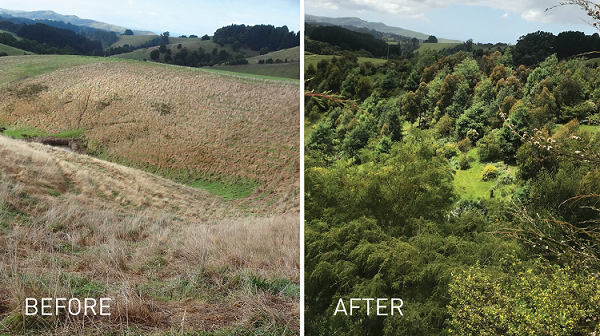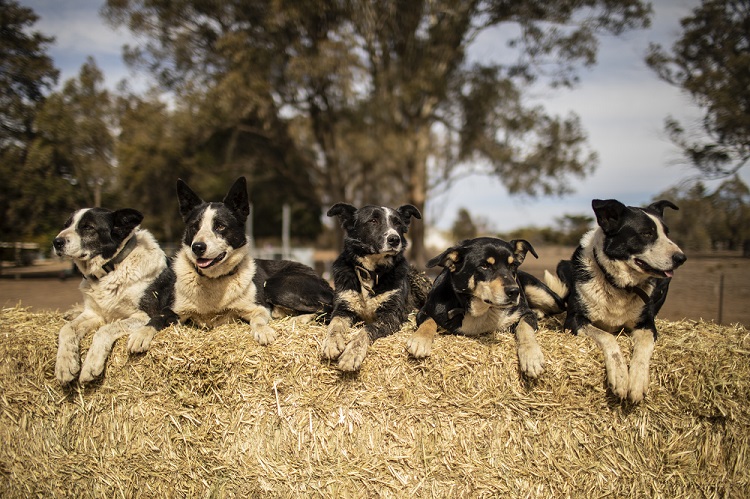EBOS supports the global consensus that governments, corporates, and civil society must work together to limit global warming within
1.5 degrees Celsius of pre-industrial levels. Our business and stakeholders will benefit from effective strategies to transition to a low carbon economy.
New in FY24
Successful implementation of a new cloud-based system for recording Greenhouse Gas (GHG) emissions, including Scopes 1, 2 and 3.
• The 500kW roof-mounted array at Parkes was completed and commissioned.
• We continued to develop our Carbon Reduction Plan.
• Pursuant to the New Zealand Financial Reporting Act 2013, we continued to prepare our first Climate Statement, which will be released in October 2024.
EBOS Climate Impacts, Risks and Opportunities
EBOS has established metrics and targets to steer progress in limiting global warming, guided by the Climate Active Standard. We are currently focussed on reducing building-related Scope 1 and Scope 2 GHG emissions that we control by improving energy efficiency and switching to renewable energy sources. We are also assessing our Scope 3 GHG emission boundaries more comprehensively to refocus our targets on where we can make the most impact.
Carbon Reduction Targets
FY23 - Zero reported Scope 1 GHG emissions after offsets*
FY27 - Zero reported Scopes 1 and 2** GHG emissions after offsets*
*Means that EBOS invested in offsets equivalent to its gross Scope 1 emissions. The offsets acquired and retired were Australian Carbon Credit Units (ACCUs). Further details regarding our Scope 1 boundaries and exclusions and limitations and our approach to reporting targets will be included in our 2024 Climate Statement that will be released in October 2024.
**Using market-based Scope 2 reporting.





